EU Directive on Pressure Equipment 2014/68/EU
Pressure equipment is potentially hazardous, as its operation can pose serious risks to the health of users and the environment. EU Directive 2014/68/EU is designed to minimize these risks by establishing strict requirements for the design, manufacture, testing, and operation of such systems.
To sell pressure equipment on the EU market, manufacturers and importers must undergo a mandatory conformity assessment procedure, which includes verifying that the products meet the requirements of the directive. Upon successful completion of this procedure, the manufacturer receives a European CE certificate and the right to affix the CE marking to their equipment. Its presence serves as a sign of quality and reliability and allows the equipment to be freely sold in the countries of the European Union.
Benefits of obtaining a certificate of conformity:
Access to European markets.
Increased consumer and partner confidence.
Confirmation of compliance with international requirements.
Reduced legal risks.
Increased competitiveness in international markets.
Improved brand image and reputation.
Given the complexity of the requirements and technical nuances of EU regulations, the certification process requires a professional approach and experience. The Factum Conformity Assessment Center, in cooperation with trusted partners, provides full support for the conformity assessment of your products to the requirements of EU regulations.
About Directive 2014/68/EU: Main Requirements and Purpose
Directive 2014/68/EU was adopted by the European Parliament and the Council of the European Union on May 15, 2014. It was developed to improve safety in the use of such equipment, reduce the risk of accidents, and ensure uniform legal regulation for all EU member states.
Directive 2014/68/EU covers:
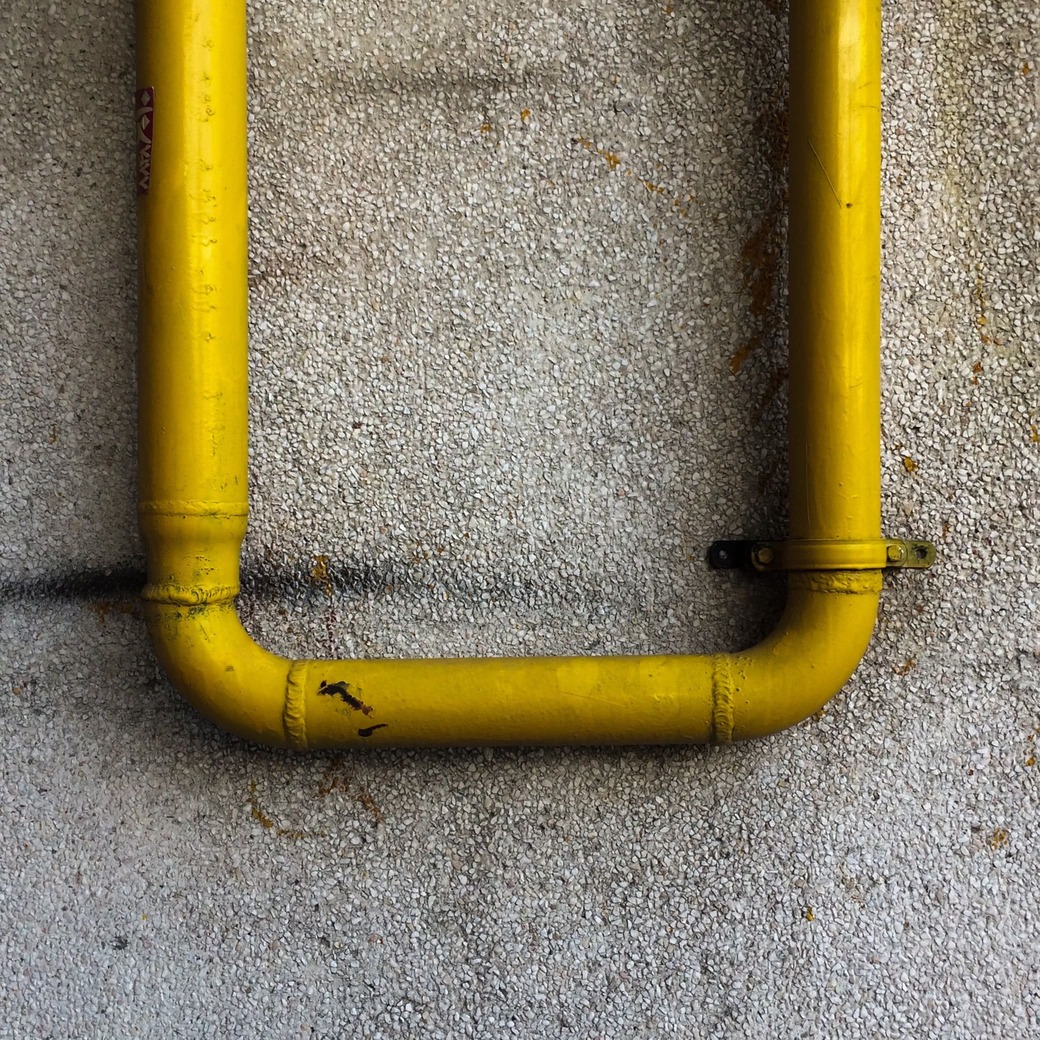
Pipelines for transporting liquids and gases under pressure.
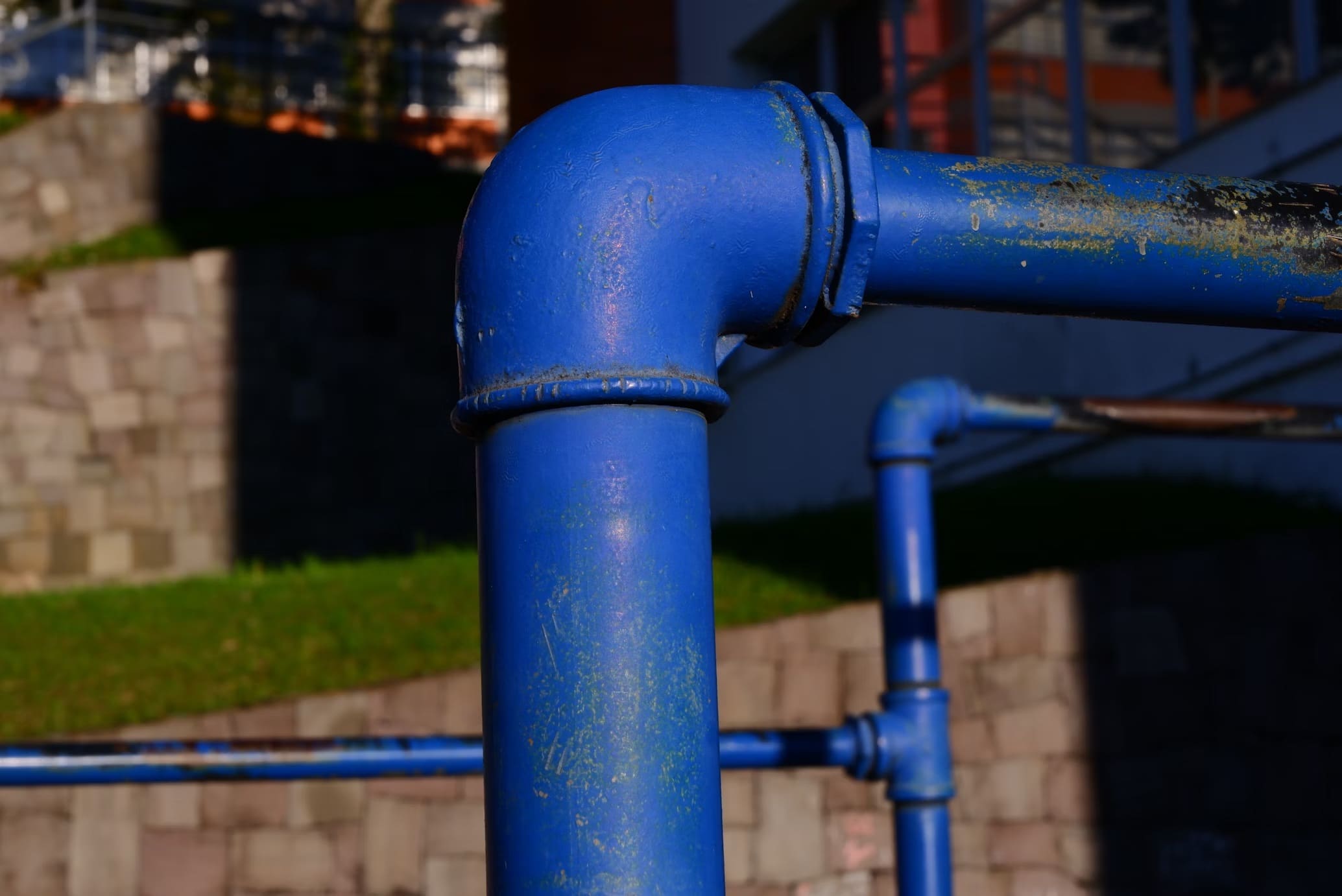
Equipment for storing and transporting gases and liquefied gases.
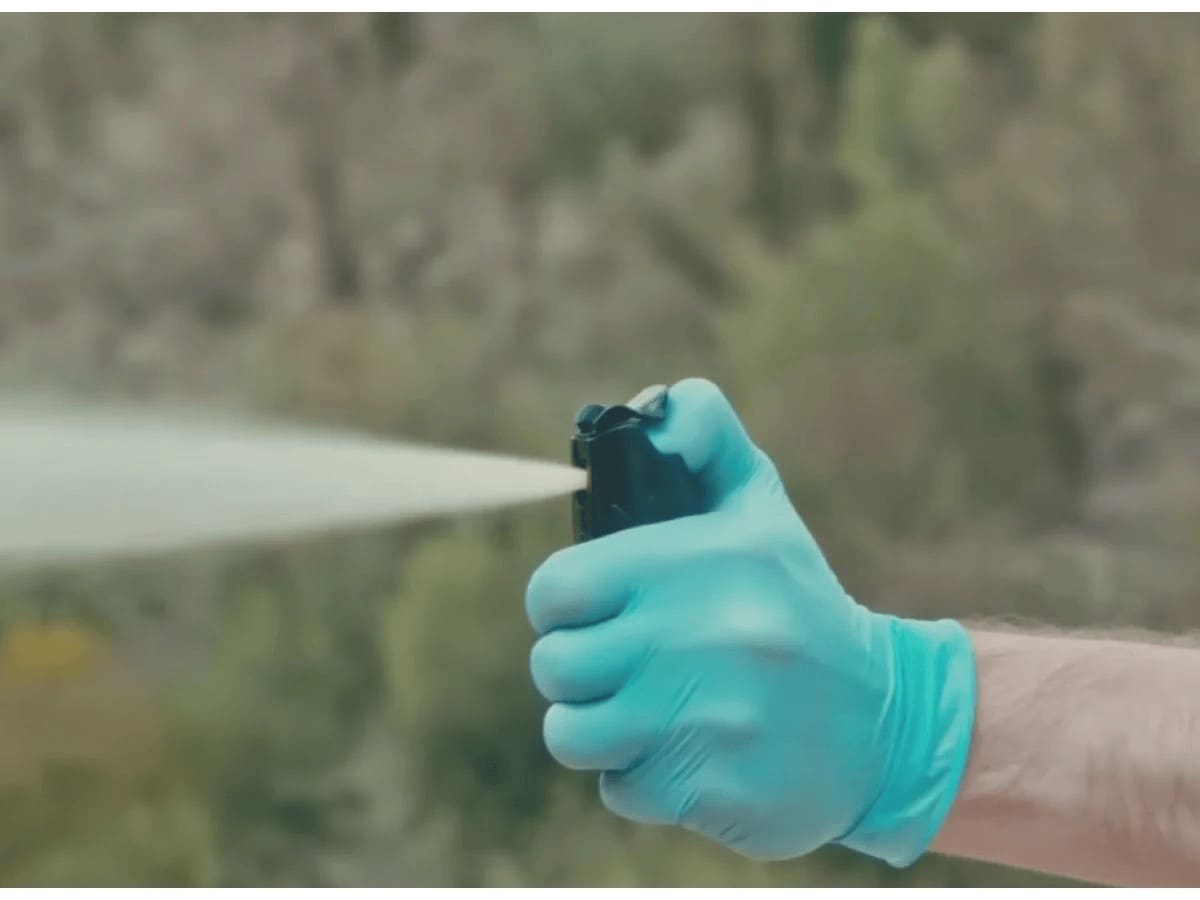
Aerosol cans and other similar structures.
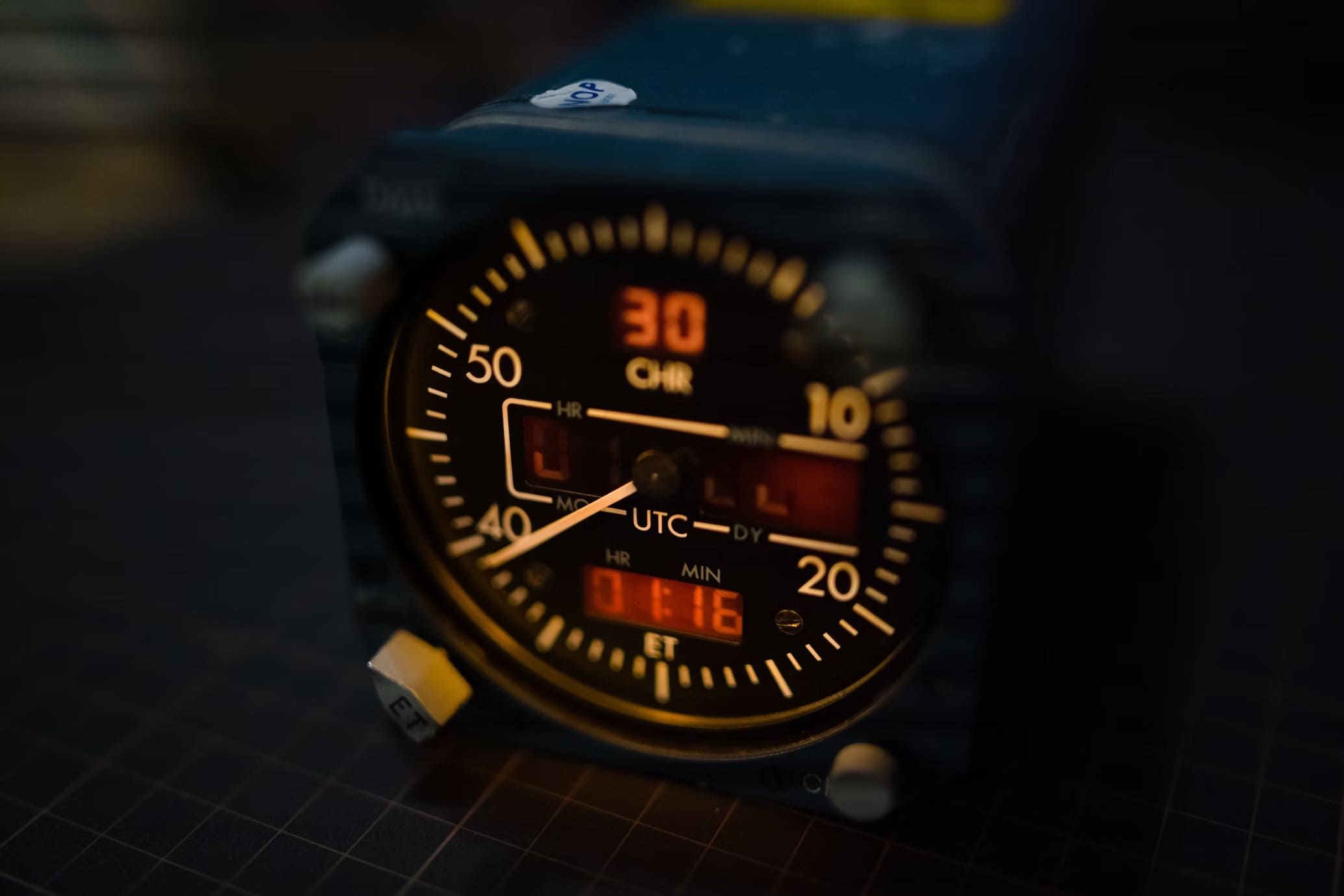
Oil and gas extraction control systems.
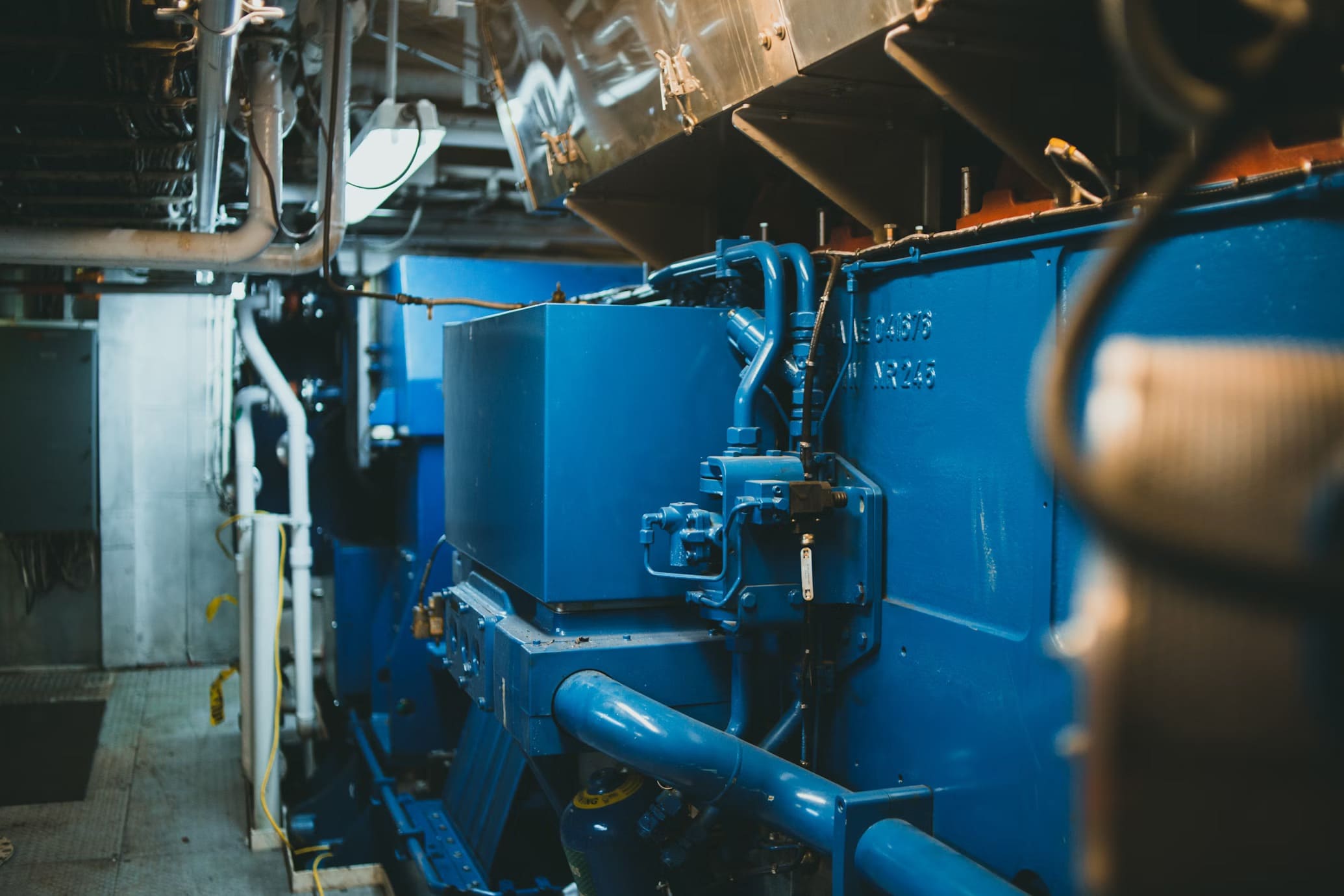
Steam engines, generators, and turbines.
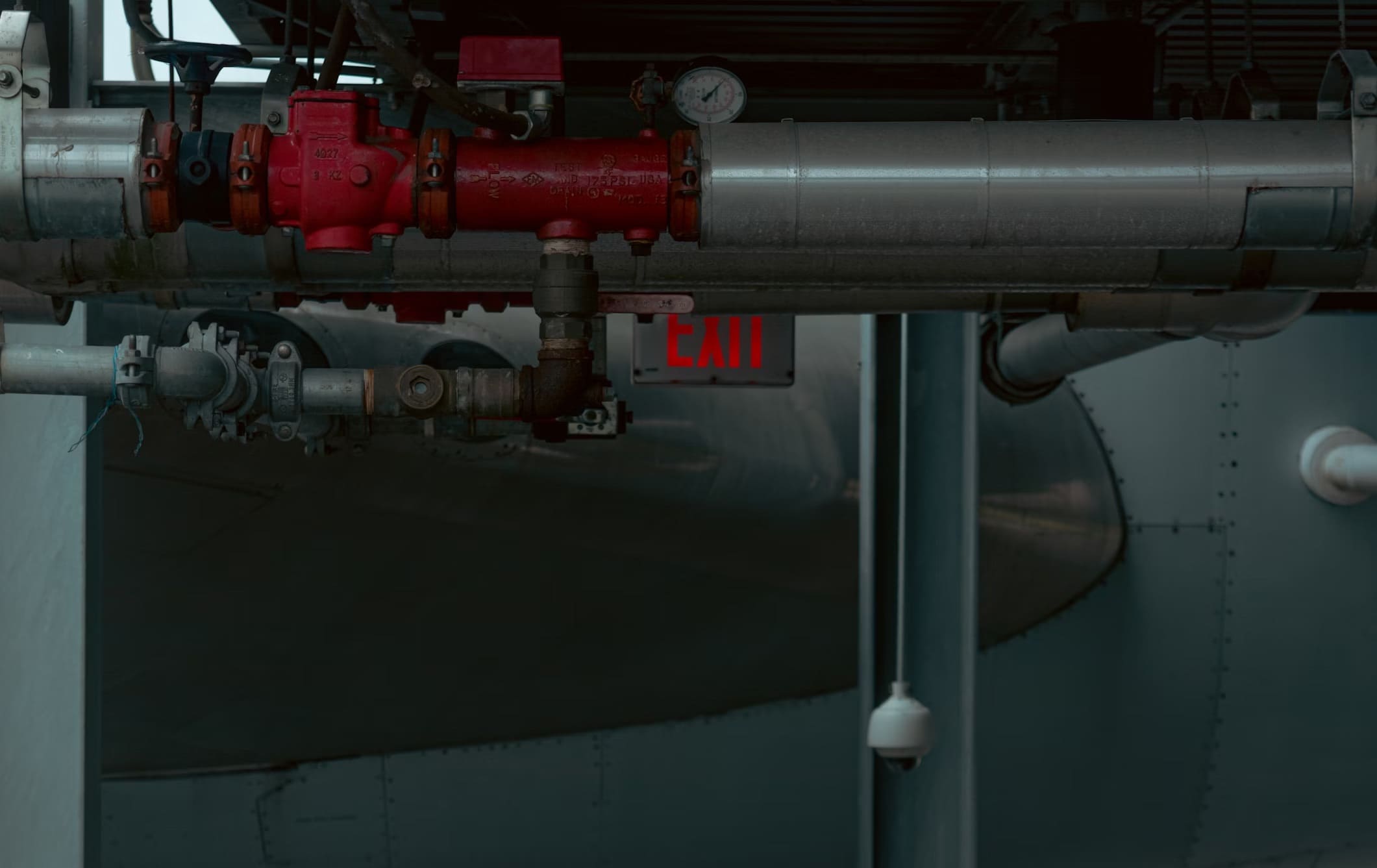
Equipment for power plants, including turbogenerators and pumps.

Specialized vessels and aircraft.

Cylinders and vessels with special shells that are subjected to pressure.
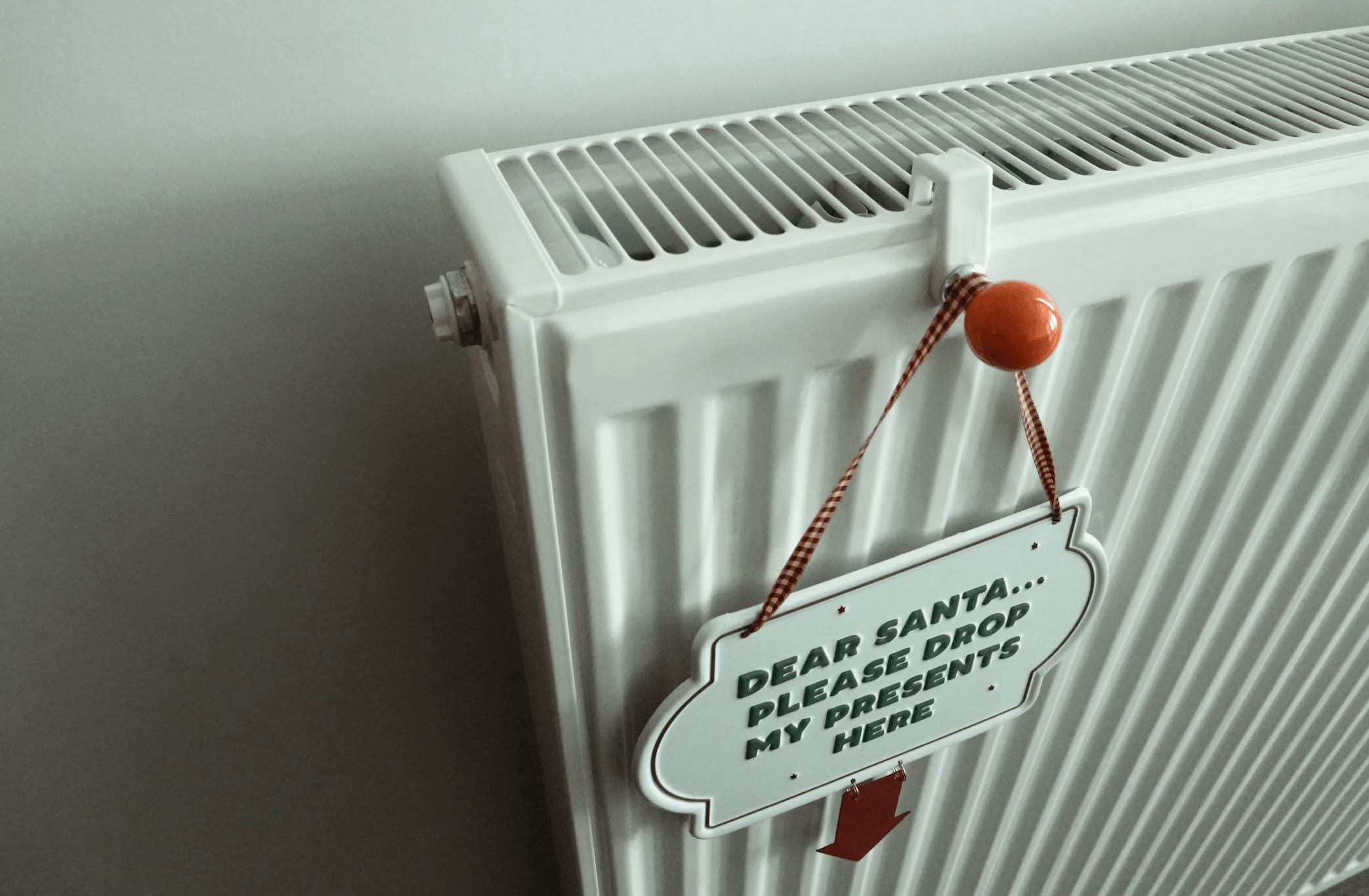
Heating systems, including radiators.

Requirements of Directive 2014/68/EU
-
Safety under pressure
Equipment must be designed and manufactured to withstand operating pressure without the risk of explosion or leakage, ensuring safe operation.
-
Conformity assessment
Before being placed on the market, a conformity assessment procedure must be carried out with the involvement of a notified body.
-
CE marking
Products must be marked with the CE mark after completing all conformity assessment procedures.
-
Technical documentation
A complete package of documentation must include strength calculations, drawings, material descriptions, and tests.
-
Manufacturing control
The manufacturer must ensure that serial production complies with the approved sample.
-
Installation and operating instructions
Instructions must be provided explaining the correct installation, use, and maintenance of the equipment.
Requirements of Directive 2014/68/EU
Directive 2014/68/EU sets out comprehensive requirements for pressure equipment from design to commissioning. The main focus is on the safety of the design, the suitability of materials, the reliability of welded joints, the accuracy of calculations, as well as proper quality control and documentation. All technical and administrative requirements are aimed at minimizing risks to users, personnel, and the environment.
Access to the EU market: conformity assessment and CE marking
In order for pressure equipment to be legally supplied to the European Union market, it must undergo a mandatory conformity assessment procedure in accordance with the requirements of Directive 2014/68/EU.
If the conformity assessment is successful, a CE Certificate of Conformity is issued. The CE Certificate of Conformity is an official document confirming that the product meets the essential safety, health, and environmental protection requirements.
After that, the manufacturer has the right to affix the CE marking to the product. The presence of this mark means that the equipment has undergone proper verification and complies with current European legislation. CE marking is a prerequisite for the legal sale of products throughout the EU.
FACTUM - reliable support on the way to certification
European CE certification is a complex and highly regulated process that requires a high level of professionalism and experience. To succeed at every stage, it is necessary to know all the nuances of legislation and requirements in order to avoid mistakes and ensure that products comply with European standards. That is why it is important to turn to qualified specialists.
Factum guarantees professional support at all stages of the conformity assessment of your products to the requirements of European technical regulations and standards. We work in close cooperation with authorized partners to ensure the accuracy and efficiency of every step on the way to certification.
Advantages of cooperation with Factum:
Reliability
We provide professional support at every stage of certification.
Professionalism
An experienced team of specialists providing comprehensive advice and solutions.
Documentary accuracy
We ensure the correctness and compliance of all documents and technical documentation.
Transparency of the process
We guarantee clear and understandable communication at all stages of certification.
CE certification is not only an important step for entering the EU market, but also a key to increasing confidence in your products and opportunities for business expansion. By choosing Factum, you get reliable support at every stage of certification, which allows you to successfully meet the requirements of the European market and achieve the best results.